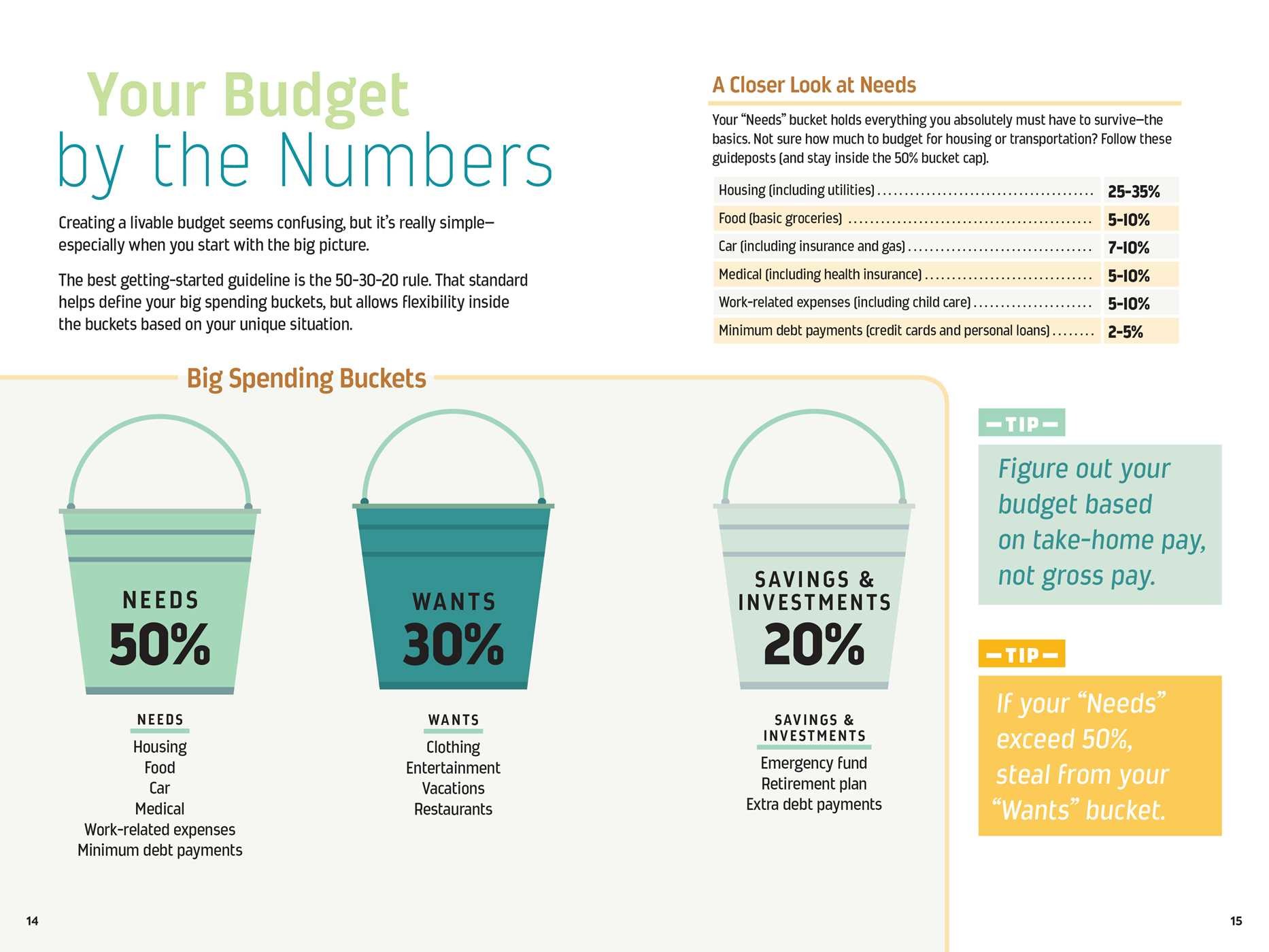The Financial Influence Of Defaulting On An Efficiency Bond
The Financial Influence Of Defaulting On An Efficiency Bond
Blog Article
Staff Writer-
When a surety issues an efficiency bond, it guarantees that the principal (the event that acquires the bond) will fulfill their commitments under the bond's terms. If the principal stops working to fulfill these commitments and defaults on the bond, the guaranty is accountable for covering any kind of losses or damages that result.
1. Loss of track record: Defaulting on a performance bond can harm the principal's credibility and credibility, making it harder to safeguard future organization or financing.
2. Legal and management prices: The guaranty may require to pay legal and management prices related to seeking the principal for problems or trying to remedy the circumstance.
3. Monetary losses: The guaranty may require to cover the expense of completing the task or offering the solutions that the principal stopped working to deliver. This can cause substantial economic losses for the surety.
4. Boosted premiums: If the principal has a history of defaulting on performance bonds, they may be called for to pay higher costs in the future to acquire the required bonding.
On the whole, back-pedaling a performance bond can have major monetary consequences for both the principal and the surety. It is necessary for principals to carefully consider their responsibilities and ensure they have the ability to satisfy the regards to the bond to avoid these unfavorable results.
Defaulting on an efficiency bond can be a pricey misstep for services. When you fall short to fulfill the bond's obligations, the economic repercussions can be considerable. From paying the full bond total up to prospective legal battles and damaged relationships, the consequences can resound throughout your company operations. Understanding the complex internet of monetary effects that defaulting on an efficiency bond can have is crucial for securing your company's monetary health and wellness and credibility.
Financial Penalties for Defaulting
If you back-pedal a performance bond, you'll likely deal with substantial financial penalties. These penalties can vary depending upon the regards to the bond agreement but often include paying the bond amount completely to the obligee. This implies that if you stop working to accomplish your legal obligations, you have to pay the bond amount to the project owner or the entity that required the bond.
Furthermore, you might additionally be in charge of any type of extra expenses sustained by the obligee because of your default, such as finding a replacement specialist or covering project hold-ups.
Back-pedaling a performance bond can also cause lawful fees and court prices if the obligee decides to take legal action versus you to recuperate the bond quantity. These expenditures can swiftly add up, additional aggravating the economic influence of your default. It's necessary to thoroughly examine and understand the terms of the efficiency bond to prevent these severe punitive damages.
Effect On Company Cash Flow
Defaulting on an efficiency bond can dramatically influence your business cash flow, influencing monetary security and functional abilities. When you default on a performance bond, you run the risk of shedding the bond quantity, which can be a considerable sum. This loss directly impacts your capital, as you'll need to discover different sources of moneying to cover the bond quantity. Moreover, failing can cause increased scrutiny from sureties, making it tougher and more pricey to secure bonds in the future. This can better stress your cash flow as you might need to designate extra sources to meet bonding requirements.
The influence on your capital does not stop there. Back-pedaling an efficiency bond can likewise result in task hold-ups or cancellations, resulting in a loss of earnings. Furthermore, the negative track record that features failing can prevent potential customers, even more reducing your capital. Overall, defaulting on a performance bond can have damaging impacts on your company's financial health and capability to operate smoothly.
Lawful Implications and Legal Actions
Facing lawful implications and possible legal actions as a result of back-pedaling an efficiency bond can considerably impact your business's track record and financial standing. When you default on a performance bond, the surety firm may take lawsuit to recover the bond amount paid. This can cause pricey legal fees, court expenses, and potential settlements or judgments against your company.
In bond without surety , back-pedaling an efficiency bond might result in harmed partnerships with clients, subcontractors, and distributors, affecting your capacity to safeguard future agreements. Lawsuits occurring from bond defaults can tarnish your service's trustworthiness in the market, making it challenging to draw in new companions or customers.
Furthermore, if the default causes a court judgment versus your business, it could result in asset seizure or liens, additionally stressing your financial stability. For that reason, it's essential to understand the lawful implications of back-pedaling a performance bond and take aggressive steps to mitigate the risks entailed.
Verdict
As you encounter the consequences of back-pedaling an efficiency bond, remember this: it resembles walking a tightrope without a safeguard. One incorrect relocation can send you plummeting into a financial freefall, without any means to stop the autumn.
The punitive damages, cash flow effect, and lawful ramifications are all waiting to capture you if you mistake. So step very carefully, and constantly recognize your commitments to prevent the extreme consequences of default.
